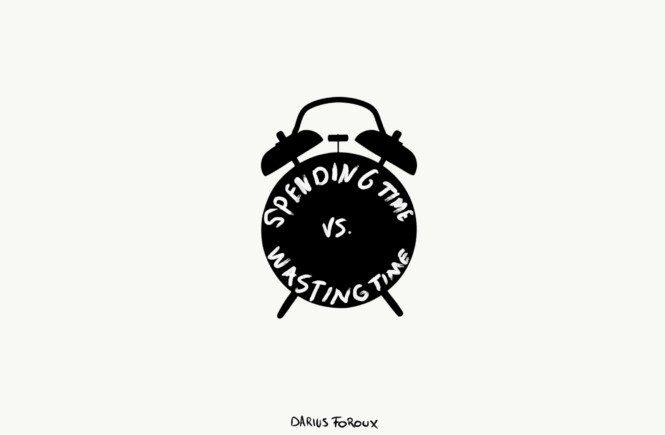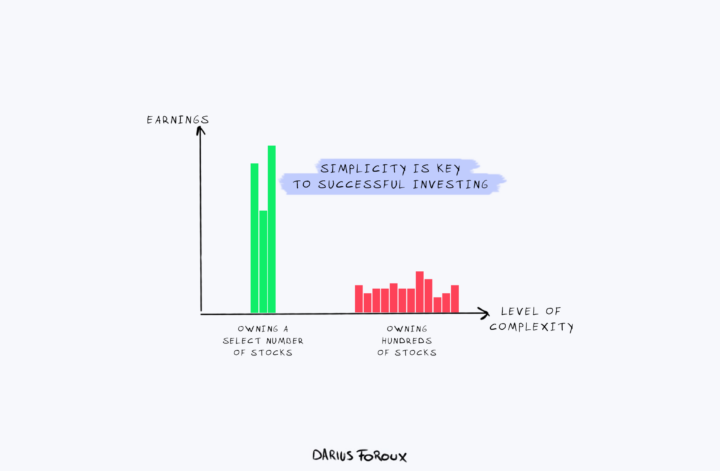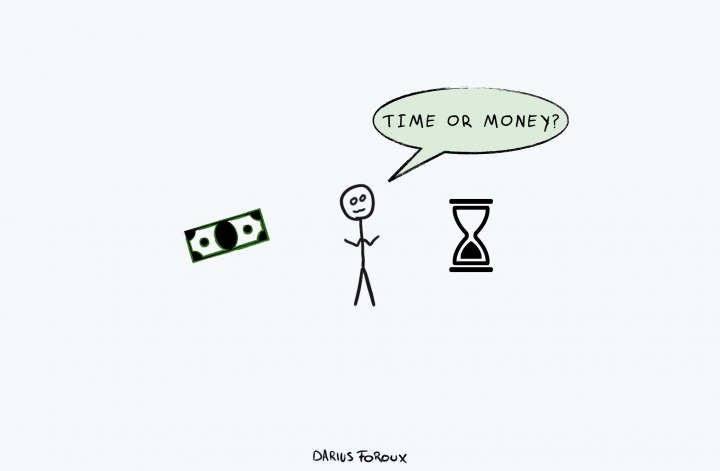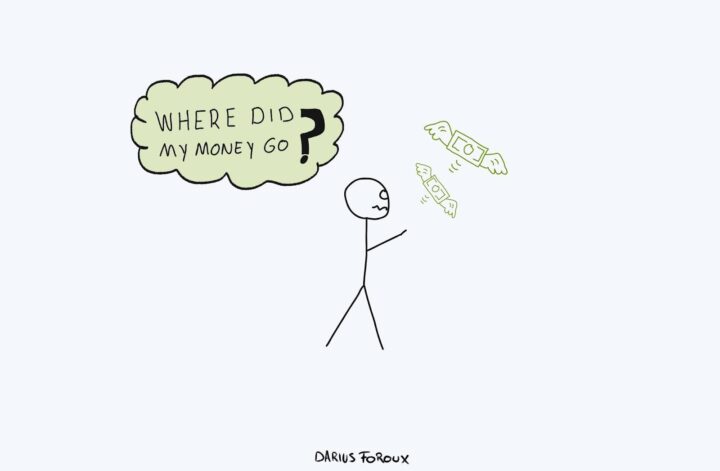For the longest time, I chased empty goals. Financial independence is one of those goals. An empty goal is something that doesn’t make you feel any different once you achieve it. Can you relate to that?
It’s like studying four years to get a degree and then think to yourself, “this is it? I thought I would feel different.” Nope. That truly is it.
“But what about all those long hours? The sacrifices? The debt? The struggle?”
We think that because we expend so much energy on achieving a goal, it must be worth it. And that it must change our lives. But let me tell you, the world will still be the same whether you have 10 degrees or none. It’s also the same for money.
Once you no longer have to worry about paying the bills, the more money you earn will not make you feel any different. Sure, you won’t have money problems anymore, but you will still have human problems.
Financial independence is not the answer to everything
There’s a lot of talk about financial independence these days. We have this illusion that there’s some kind of end destination in life. That end destination is being financially free and not having to work anymore.
While financial independence is a worthy goal, it’s not this magic solution to our problems. But most of us assume it will change everything. That
For years, I was stuck in a thought pattern of assuming that something external will set you free. For example, when I was in college, I thought I would be “set” if I got my master’s degree.
Somehow, I thought that the companies would line up to offer me the job of my dreams. Well, that didn’t happen. When I graduated, I learned that no one will hand you anything.
That pattern kept repeating itself throughout my twenties and even early thirties. The last assumption I made was that if I became financially free, I would somehow “arrive.”
Arrive where? To a place where you finally give up on striving for something? What’s the point of that? The truth is that nothing external has the power to set you free. Not money, not a degree, and not status.
“So what will set you free?”
Let’s think about why we strive for financial independence. Most of us simply want to become financially free so we can tell other people, “I retired at age X.” It’s nothing more than a status symbol these days.
We live in a world that’s driven by appearances. External factors are more important than what happens in our internal world. To say, “I’m financially free” gives someone high status. In other words: I need your approval to feel superior.
To me, that type of behavior and signaling is in stark contrast with my values for life. I’m inspired by the Stoic philosopher Epictetus, who said the following (quote is from The Good Life Handbook):
“You compromise your integrity when you seek outside approval. Be satisfied that you live up to your rational principles. Be your own witness if you need one. You don’t need any more witness than that.”
You know how people often say, “that’s easier said than done,” when you talk about forming new habits or doing anything difficult? That’s an excuse—we all know that.
However, when it comes to living up to your principles, it’s definitely not an excuse. I genuinely think this is one of the most difficult things in life.
Everyone can say that they don’t need outside approval. Remember when everyone was talking about that “not giving
Let’s be honest here. Saying you don’t care about what others think of you and actually not caring are two different things. As Epictetus says, we need to be our own witness.
That’s all you need to live up to your principles. Of course, you need to know what your core values are—otherwise you have nothing to live up to.
Be willing to train every day
Diogenes, a Greek philosopher who lived 400 years before Epictetus, is known for living a simple life. He was one of the founders of Cynicism, a philosophy that’s misunderstood by many.
Cynicism has nothing to do with being cynical, it’s about being simple. Diogenes said that the purpose of life is to live in virtue—in agreement with nature. He lived a life that was free of possessions.
The Cynic way of life required continuous training—mentally and physically. The goal was never to acquire wealth or status but to make progress as a human being.
That requires daily mental and physical exercise (read this article if you want to learn more about how I practice philosophy to improve my mental strength).
To be truly free, we don’t necessarily need to be financially independent; we need to be free of external pressure. I realize that this is a somewhat disappointing answer to people who want to become financially free. And I get it. This is one of those things you have to experience yourself before you realize how true it is.
All the philosophers in the world can tell you to be driven by your own internal values, but you and I still have to deal with all the external factors of modern day life.
We continuously have to deal with distractions and temptations. We all want to matter and feel like we’re making something out of our lives. No one wants to waste their life. But when are you wasting your life?
Spending time vs. wasting time
Most people know Bruce Lee from his movies. But he was also an excellent philosopher. One of my favorite philosophy books is Striking Thoughts—a collection of Bruce Lee aphorisms. On wasting time, he says:
“To spend time is to pass it in a specified manner. To waste time is to expend it thoughtlessly or carelessly. We all have time to either spend or waste, and it is our decision what to do with it. But once passed, it is gone forever.”
Stop thinking that financial independence, your degree, or job will set you free, my friend. Only you can set yourself free by spending your time wisely. Let your core values determine your decisions. That’s what Lee is referring to when he talks about spending time in a “specified manner.”
The way you spend your time is fine when you are fine with the way you spend your time. That’s the path to real freedom.




